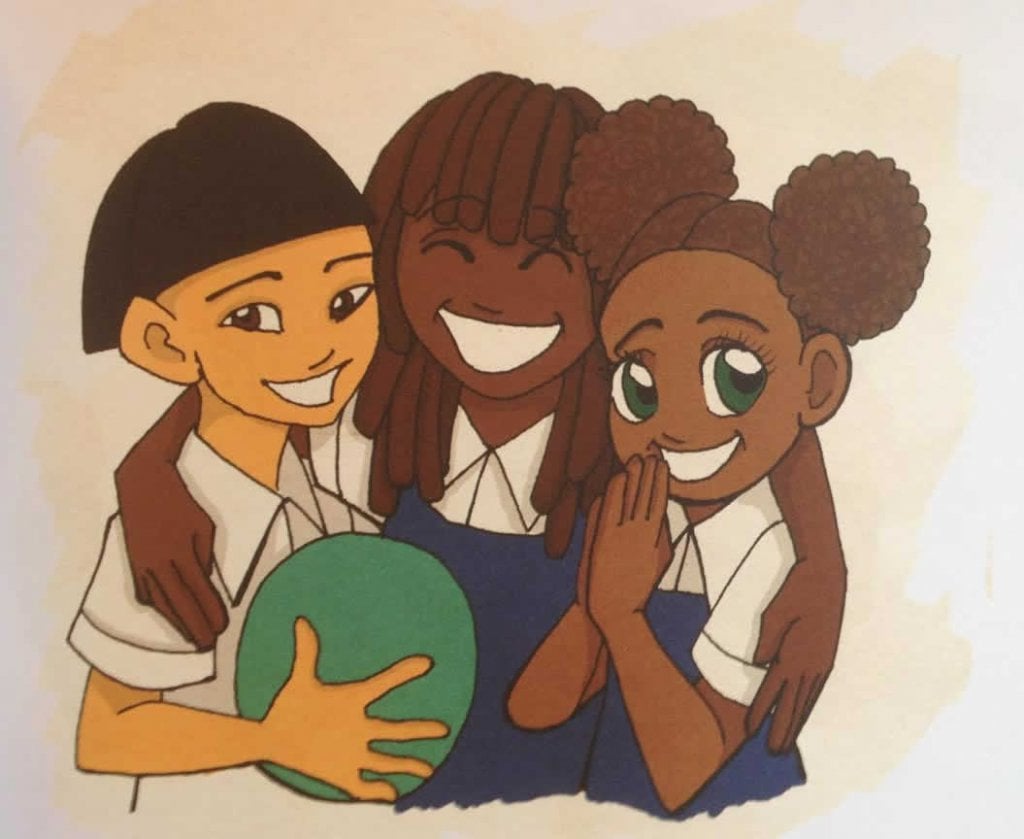 Through our developing work with the likes of Marie Stopes International, Child Helpline International, British Council Caribbean and South Africa’s Health Economic AIDS Research Department, we’re emerging, quite simply, as the world’s leading authority on sexual rights and access to sexual health provision, for D/deaf young, people in low resource settings.
Through our developing work with the likes of Marie Stopes International, Child Helpline International, British Council Caribbean and South Africa’s Health Economic AIDS Research Department, we’re emerging, quite simply, as the world’s leading authority on sexual rights and access to sexual health provision, for D/deaf young, people in low resource settings.
Our new sexual rights and reproductive health tool-kit draws reference the experience of our local partners in Kenya, South Africa, Jamaica and Zimbabwe. This isn’t a ‘first world’ resource imposed on middle and low income countries. It’s a locally informed and empirically evidenced kit aimed at healthcare professionals, educationalists, community activists and, of course, young people themselves. This is a resource whose design has been led by D/deaf young people and whose curriculum and content has been proven by those practitioners working first hand with D/deaf young people, in the most diverse and challenging of settings. Where the reality of exercising one rights to sexual health means making an informed decision re. sexual desire, intimacy, relationships, family planning, the issue of unplanned pregnancy, mitigating the risk of HIV and other sexually transmitted diseases; ever more important in sub-Saharan Africa where rates of HIV are leading to a greater susceptibility to neurological disorders and cancer.
All of which evidences that the sexuality and the sexual health of D/deaf young people doesn’t stand alone – it’s a complex matter that is compounded by issues such as poverty, stigma, discrimination and violence. For D/deaf young women, these can mean displacement, being denied femininity, sexuality and the right for motherhood. For D/deaf young men, this can mean the need to understand male sexuality, identity and power; through which potential abusers are checked and the propensity for sexual violence reduced, especially in conflict situations where sexual violence is used as a weapon of war.
Empirical data on the Sexual and Reproductive Health, and Rights, experience of D/deaf children and young people is critically lacking. This hampers effective health and development planning and makes attaining target 3.7 of the Sustainable Development Goals a challenge. But with the resources we’re developing and in association with our partners, we’re looking to address this evidence and knowledge gap. Suffice to say, we’re on it and we’ll leave no D/deaf child behind.
You're viewing a permanent link to a single news item. Check out the News page for the latest updates.
More News »
